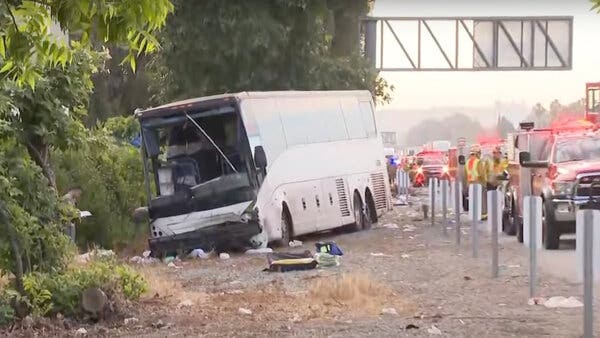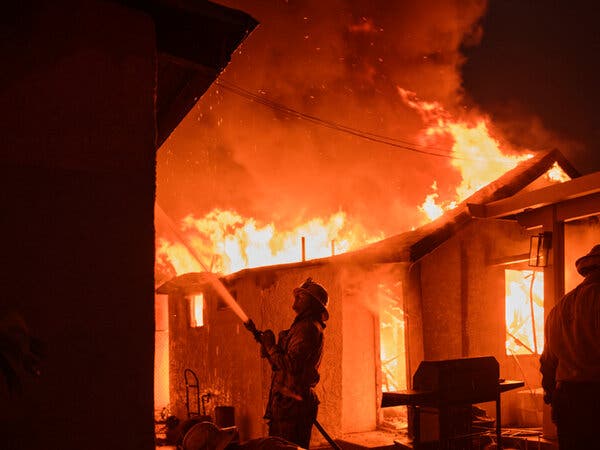Executive Summary
- A coalition of states is suing the Trump administration over the alleged illegal withholding of $5 billion in federal funds allocated for EV charging stations.
- The lawsuit claims the administration's actions are obstructing the 2021 bipartisan infrastructure law and damaging the EV industry.
- California, a major market for zero-emission vehicles, is significantly impacted, potentially losing $384 million for charging station development.
Event Overview
A group of states, spearheaded by Washington, Colorado, and California, initiated legal action against the Trump administration, contesting the alleged unlawful freezing of federal funds earmarked for electric vehicle charging infrastructure. These funds, totaling $5 billion, were allocated under the 2021 bipartisan infrastructure law to facilitate the construction of EV charging stations nationwide. The lawsuit argues that the administration's actions are impeding the progress of the EV industry and depriving states of crucial resources.
Media Coverage Comparison
| Source | Key Angle / Focus | Unique Details Mentioned | Tone |
|---|---|---|---|
| The New York Times | Lawsuit against the Trump administration for freezing EV charging funds. | Mentions the specific amount California expected ($384 million), the number of EV stations built so far (71), and the involvement of Attorneys General like Rob Bonta. | Neutral, factual reporting. |
Key Details & Data Points
- What: Lawsuit filed by a coalition of states against the Trump administration for allegedly unlawfully freezing $5 billion allocated for electric vehicle charging stations.
- Who: Plaintiffs: Washington, Colorado, California (led by Attorney General Rob Bonta), other states. Defendant: The Trump administration.
- When: Lawsuit filed on Wednesday (implied to be the date of the article's publication). 2021 bipartisan infrastructure law allocated funds. Trump administration action began with a January executive order.
- Where: U.S. District Court for the Western District of Washington in Seattle. The impact is nationwide, particularly affecting states with significant EV adoption like California.
Key Statistics:
- Key statistic 1: $5 billion (Total funds allocated by the 2021 bipartisan infrastructure law for EV charging stations)
- Key statistic 2: 71 (Number of EV charging stations built so far nationwide)
- Key statistic 3: $384 million (Amount California was expecting from the federal program)
Analysis & Context
The lawsuit highlights the ongoing tension between state and federal agendas regarding climate change and renewable energy. The states argue the Trump administration's actions are undermining Congressional intent and harming the burgeoning electric vehicle industry. The legal challenge rests on the argument that the administration is overstepping its authority by withholding funds already appropriated by Congress. The outcome of the lawsuit could significantly impact the development of EV infrastructure across the US.
Notable Quotes
The president continues his unconstitutional attempts to withhold funding that Congress appropriated to programs he dislikes. This time he’s illegally stripping away billions of dollars for electric vehicle charging infrastructure, all to line the pockets of his Big Oil friends.
Conclusion
The lawsuit filed by several states against the Trump administration underscores the disagreement over funding for electric vehicle infrastructure. The states involved are challenging the administration's authority to withhold funds allocated by Congress. The resolution of this legal battle will likely have significant ramifications for the future development of EV charging networks and the broader adoption of electric vehicles in the United States.
Disclaimer: This article was generated by an AI system that synthesizes information from multiple news sources. While efforts are made to ensure accuracy and objectivity, reporting nuances, potential biases, or errors from original sources may be reflected. The information presented here is for informational purposes and should be verified with primary sources, especially for critical decisions.









